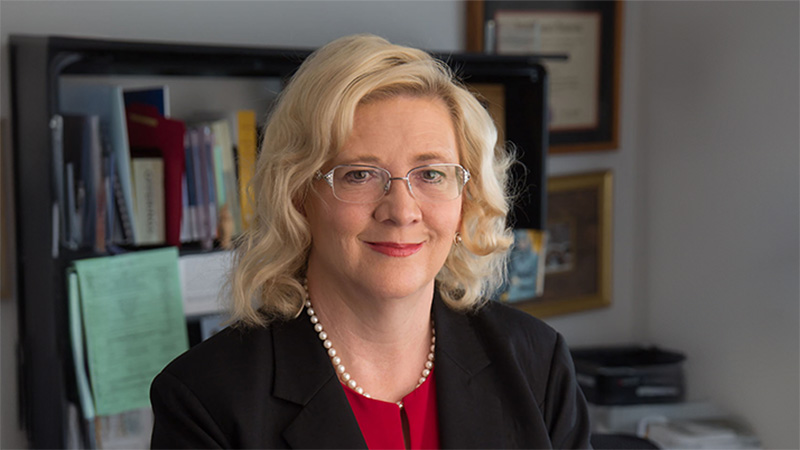
Much has been said about John Wooden’s inspiring approach to life, but what can we learn about his attitude towards death? His family and former player Keith Erickson reflect that he hated being in the hospital, and wasn’t happy for the last two years of his life. At the same time, the inner peace that Wooden expresses in this video evokes a powerful image of a “good death.” How can his story be used to bring attention to the role and importance of palliative care?
Watch this incredible one minute video on John Wooden’s feelings about death (interview with Rick Reilly). It moved me so much that I watched it several times and transcribed it below.
REILLY: Are you afraid to die?
WOODEN: No. I’m not afraid to die.
REILLY: How come?
WOODEN: Why should I be afraid? That is the most wonderful thing that’ll ever happen. It really is. Absolutely I’m not afraid to die.
“Once I was afraid of dying, Not Anymore” by Swen Nater (former Bruin player), written for John Wooden
Once I was afraid of dying. Terrified at ever lying.
Petrified of leaving family, home and friends.
Thoughts of Absence from my Dear Ones,
Brought a melancholy tear once
And a dreadful dreadful fear of when life ends
But those days are long behind me,
Fear really does not bind me.
And departure does not hold a single care
Peace has comfort as I ponder
A reunion in Thy yonder,
With my dearest one who is waiting for me there
Posted by Lindsey Yourman



